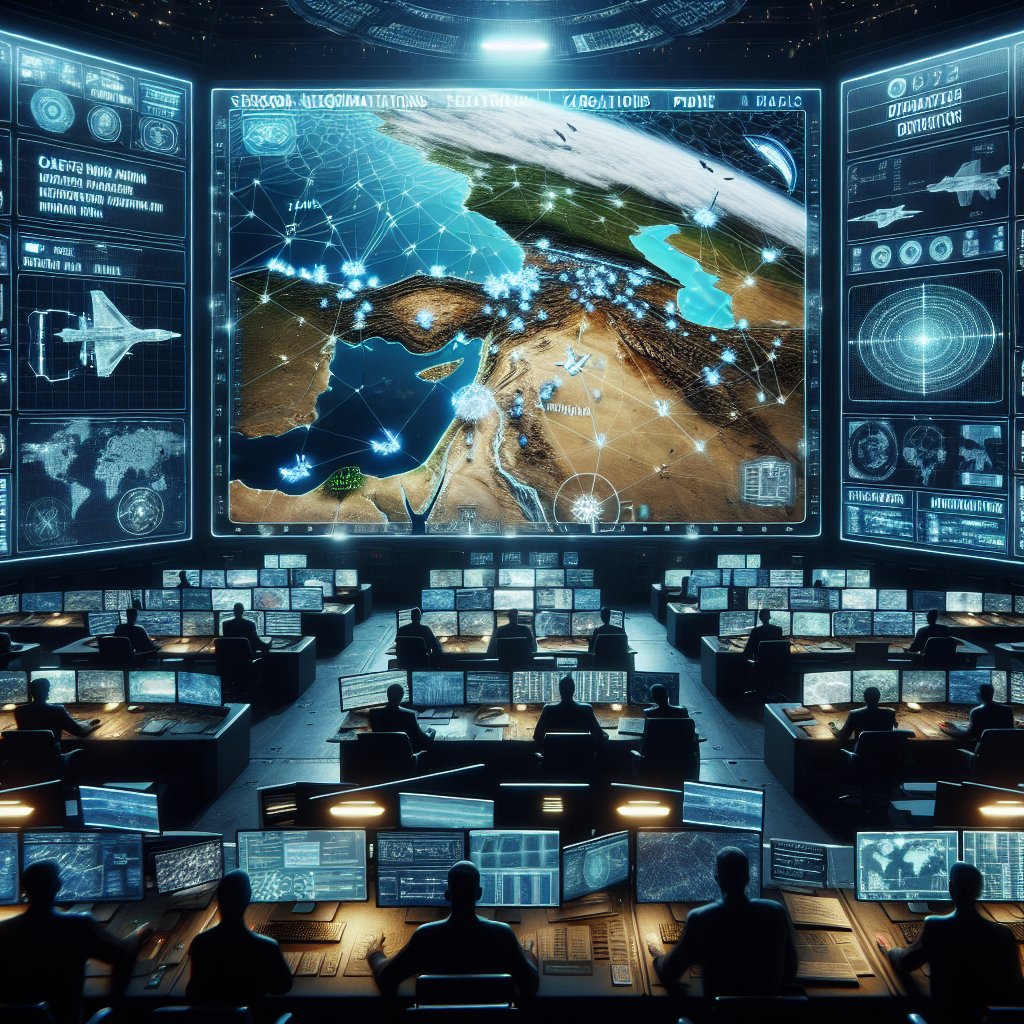Image created by AI
Escalating Tensions: Israel and Hezbollah Exchange Fire Amidst Regional Turmoil
Tensions in the Middle East reached a critical point early Sunday as Hezbollah launched a heavy barrage of rockets and drones toward Israel. In response, Israel executed a series of preemptive air strikes using about 100 jets to target over 40 launch sites within southern Lebanon. This exchange marked one of the most severe clashes in the ongoing border conflict that has persisted for more than 10 months, posing a significant escalation risk that could draw in regional powers like Iran and the U.S.
According to the Israel Defense Forces (IDF), their operation successfully destroyed thousands of Hezbollah's rocket launching barrels, which were aimed at both northern and central Israeli regions. Despite the intensity of the attacks, Israel reported no fatalities and limited damage on its side, while at least three deaths were confirmed in Lebanon.
The situation unfolded as tensions have been heightened following the assassination of Fuad Shukr, a senior Hezbollah commander, last month by Israel's military—which Hezbollah avowed to avenge with retaliatory strikes. The Iran-backed group claimed to have fired 320 Katyusha rockets toward Israel, hitting military targets in what they termed "the first phase" of their reprisal.
This spike in violence coincided with ongoing ceasefire negotiations in Cairo aimed at halting the conflict in Gaza. However, the situation's volatility was underscored by the suspension of flights at Ben Gurion airport in Tel Aviv and disruptions at Beirut's airport, leaving travelers stranded and anxious.
Israeli officials, including Prime Minister Benjamin Netanyahu and Defense Minister Yoav Gallant, expressed a resolute stand on defending Israeli territory, while emphasizing the objective of avoiding full-scale war. On the Lebanese front, caretaker Prime Minister Najib Mikati convened national emergency talks, as Hezbollah's leader, Sayyed Hassan Nasrallah, prepared for a public address.
The international community, including President Joe Biden's administration and United Nations bodies, has expressed concern and urged for a de-escalation of hostilities. The violence has stirred up memories of past regional confrontations and placed an already fragile Middle East peace process into further jeopardy.










